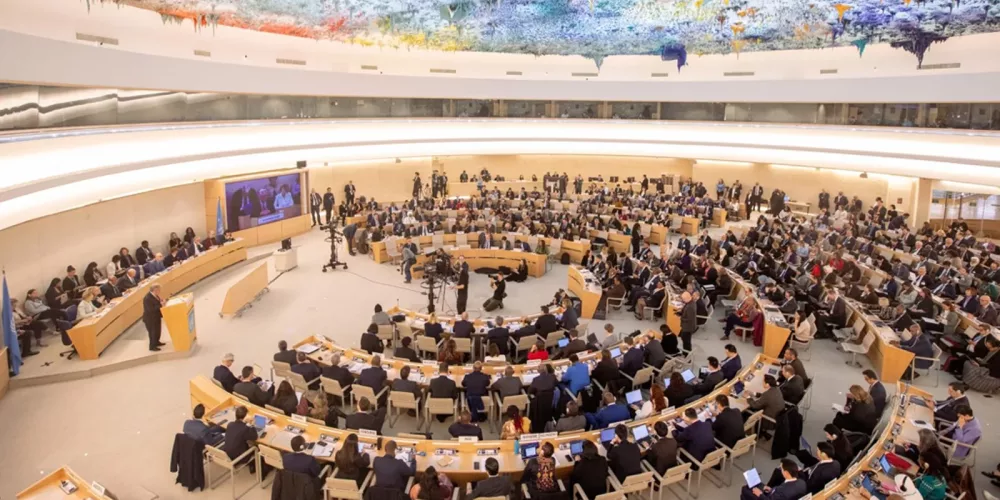The Committee for Justice (CFJ) stated that effective governance is not built merely on the distribution of powers or resource management; rather, it fundamentally relies on a strict commitment to promoting human rights-based approaches in all aspects of local or regional government work, particularly in public service delivery, development planning, and public procurement. The committee emphasized that respecting human rights standards is the only way to ensure fair access to services, transparent developmental planning, and the integrity of procurement procedures. It pointed out that the absence of these principles leads to the spread of corruption, the marginalization of vulnerable groups, and weak state responsiveness to citizens.
This comes after the CFJ submitted a comprehensive contribution to the Human Rights Council as part of its response to the Council’s call for inputs under Resolution 57/12 on local government and human rights. The submission reviews the role played by local and regional governments in Algeria, Egypt, Tunisia, and Gambia based on documented cases, field observations, and engagement with civil society actors, aiming to assess the extent of their contribution to either promoting or undermining human rights-based approaches.
In Algeria, the CFJ highlighted the highly centralized governing system, where local authorities lack independence and are often used as tools of administrative repression, including taking actions against independent trade unions, which undermines their ability to carry out their developmental and service roles in a neutral and independent manner.
In Egypt, the Committee shed light on the halt in the decentralization process, marked by the absence of elected local councils since 2011, alongside the exclusion of local authorities from national human rights strategies and from United Nations mechanisms.
In Tunisia, the CFJ noted a regression in the path of democratic local governance following the dissolution of municipal councils in 2021 and the increased executive control over local affairs, which has weakened participatory and accountability mechanisms and narrowed the margin of freedom for local institutions to perform their roles independently and transparently.
In Gambia, the CFJ highlighted some emerging good practices, such as comprehensive initiatives in the fields of sanitation and housing led by local councils. However, the committee also pointed to ongoing significant gaps in integrating human rights standards and labor standards into public procurement systems, which limits the effectiveness of these initiatives in terms of social justice.
In conclusion, the CFJ urged the four countries to undertake urgent reforms to enable local governance to perform its role efficiently and independently. The committee also recommended the re-establishment of democratic local governance frameworks, empowering municipal councils to operate independently, and integrating binding human rights and labor standards into local procurement processes.
Furthermore, the CFJ called for the establishment of formal mechanisms to receive citizen complaints regarding rights violations at the local level, and the meaningful inclusion of local authorities in the implementation and follow-up of Universal Periodic Review recommendations and UN treaty body recommendations. The committee also recommended providing systematic human rights training for local officials.
This contribution is part of the CFJ’s ongoing efforts to promote human rights-based good governance and contributes to the upcoming Human Rights Council discussions on the role of local government in promoting and protecting human rights, which will be addressed during its 63rd session.






